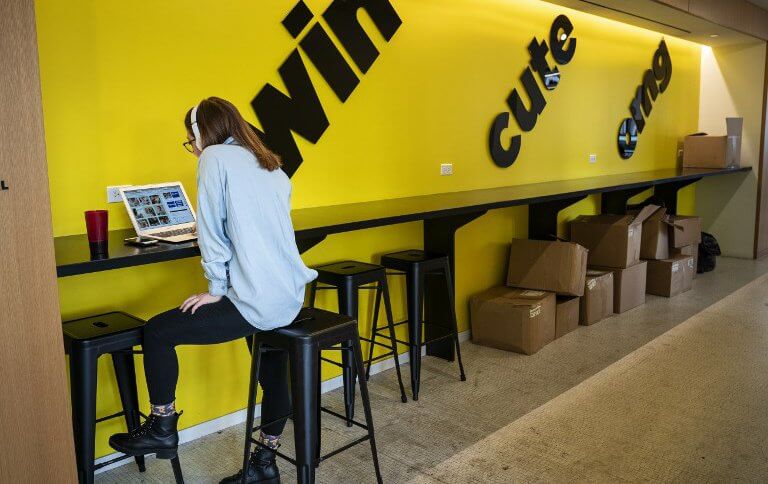Can a digital detox protect your business from binary thinking?

Many employees will be returning to their desks after a few days of overindulging in too much food, drink and bad TV over the holiday period. But, many will have also binged their way through a digital smorgasbord of content across a myriad of devices. But, is this equally as harmful as our more traditional vices?
24-hour news cycles and a divisive political landscape continuously highlight worrying trends and the emergence of binary thinking. There is an increasing argument that technology is responsible for the polarization and dividing of communities rather than uniting them. But, how did we get here? And why is it bad for business?
We all know someone that will prefer to send you an email rather than have a conversation, even though they are sat a few desks away. The problem with digital communication is that human elements such as eye contact, gestures, body language and the intonation of our voice are entirely removed from a conversation.
These nuances enable us to find common ground with each other. Whether it’s your kids going to the same school or sharing of a favorite family holiday destination, we understand each other and how alike we all are. But, when digitally communicating, these nuances and common ground are removed. We are left with a faceless figure that has an opposing worldview to our own.
The problem is that many are retreating to their online echo chambers and are less likely to have conversations with people that have different opinions. Screens remove human interaction from a discussion, and it quickly becomes opinion vs. opinion.
But is there an increasing realization that we are unwittingly amplifying our deepest darkest prejudices and misunderstandings rather than debating them?
Diversity of thought helps teams perform better
In business, cognitively diverse teams are known to solve problems faster than groups of cognitively similar people according to a report by the Harvard Business Review. It’s also crucial to remember that every business will have customers and clients from a wide variety of backgrounds, beliefs, cultures or upbringing. Most importantly, all will have different perspectives.
How can a business serve a diverse audience if its teams are caught in a vicious circle of binary thinking and unable to see outside of their corporate echo chamber? In an age of exponential change, companies that are unwilling or unable to adapt to the digital landscape and innovate accordingly are the first casualties of technological disruption.
A room full of people that have been conditioned to think the same will eliminate the innovation and creativity that a business needs to thrive and survive.
In a world where we are spoon-fed information that supports our worldview rather than challenges it, many also deem anyone who has an opposing view to themselves as toxic. Ironically, being open to new ideas and different ways of thinking are the secret ingredients to greater innovation and creativity.
According to a McKinsey study, US public companies with a diverse executive board are enjoying a 95% higher return on equity compared to those with non-diverse boards.
There is increasing evidence that enterprises that celebrate their employee’s different backgrounds, unique experiences and skillsets will generate ideas that are not homogenous. So, what are we so afraid of?
Embrace culture change
One of the biggest challenges facing businesses of all sizes is building a flexible and robust company culture that embraces change rather than fear it. Although we are building an exciting future by leveraging emerging technologies, many employees are anxious about the future of their work and the risks of becoming irrelevant.
Bad news sells and is the main reason your carefully curated news feeds are convincing readers that robots are coming to take their jobs.
Companies need to help their employees upgrade their mindset by enabling them to adapt and feel empowered by embracing a culture of lifelong learning.
YOU MIGHT LIKE

The inconvenient truth about ‘digital democracy’
As technology continues to advance, your workforce will slowly be freed from robotic and mundane repetitive tasks. Those that focus on re-skilling and growing employees as individuals will be able to thrive in a new digital world.
It’s time for employees to leverage human skills such as communication, critical thinking, creativity, strategy, management, imagination, and vision.
A faddy two-week digital detox before reverting back to our old ways will not protect a business from polarizing views and binary thinking.
But, organizations can begin preparing employees for the new world that they are building by encouraging diversity of thought and setting themselves free from the algorithms that shape their worldview.








